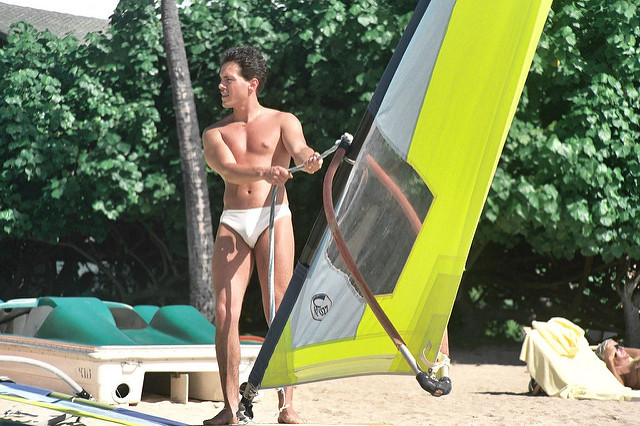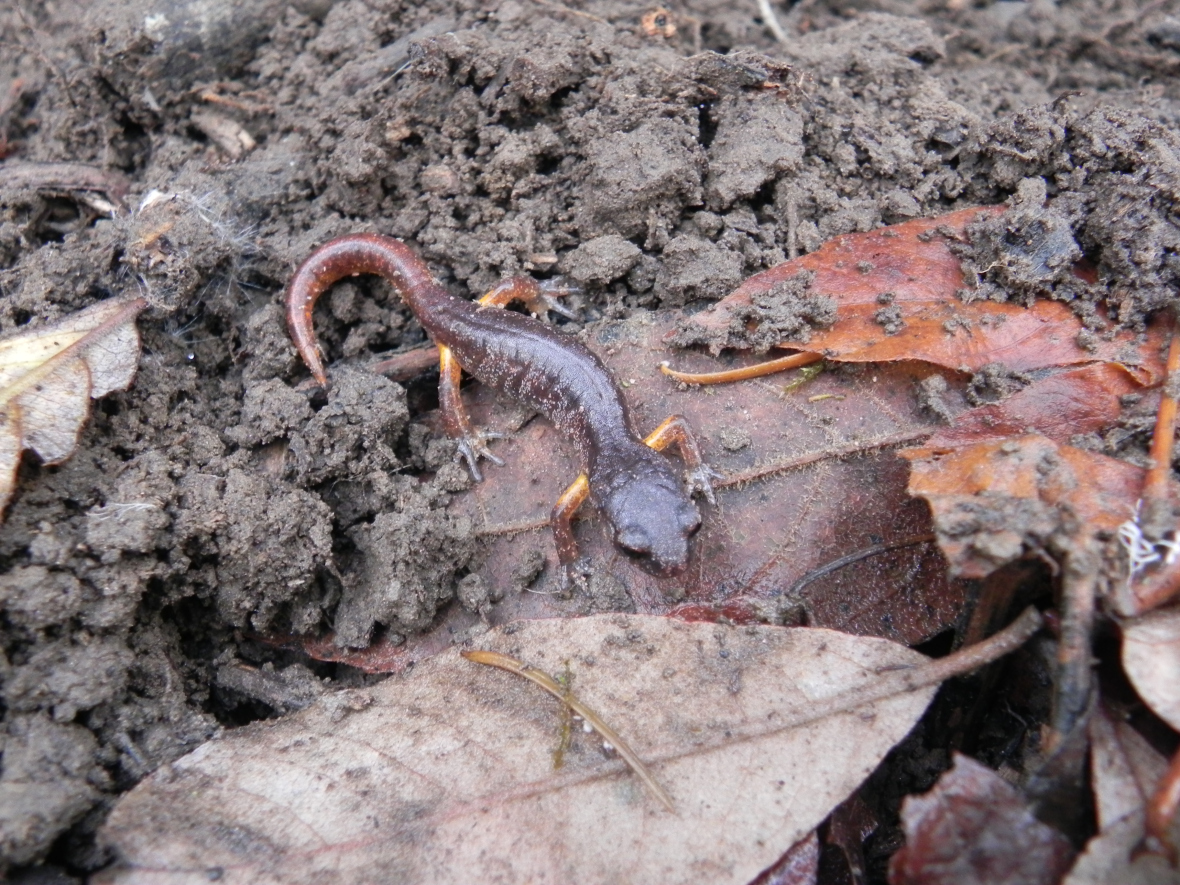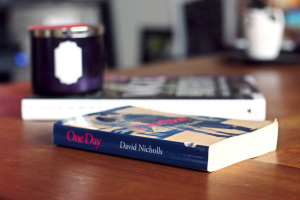The author is a travel and feature writer. This is an account of her expat years. Names have been fiddled with to avoid offence but most of what you’ll read here is true. She loves the UK, but hopes to live abroad again before she’s of pensionable age.
Part 17
Background
In 2006, a family of Simpsons from the East of England moved to the Middle East. For the purposes of this story-in-parts, and to allow a little distance from Mr, Mrs and the three mini Simpsons (boy, girl, girl), they will now be referred to as Marge, Homer, Bart, Lisa and Maggie – their Springfield counterparts. When they moved across the world, this Marge and Homer were in their forties, Bart was 13, Lisa was 10 and Maggie was four.
Year 2
Jan/Feb 2008
Hel-lo 2008, sighs Marge with relief. Finally they can end five-ways-with-turkey and buy some fresh fruit and veg. A wind is whipping up and for the first time in twelve months there is A Storm. Lisa tears outside, arms outstretched, face uplifted, as if in thanks after a long drought. Rain makes Marge’s hair frizzy. She does not share her daughter’s joy or join the rain dance. She has to prepare for a dinner at the British Club, hosted by a Bahraini friend who is under the misapprehension that his British friends are homesick for a venue that stinks of wee, frequented by men in cloth caps and leather-skinned Gollum-voiced women.
On Marge’s table sit a woman with a facelift so tight it makes Marge hurt and a man whose toupee is not quite straight. The food, reminiscent of the school dinners Marge retched through in the 70s, is so disgusting, so authentic, she fears it might actually be a relic from that time, reheated in their honour.
Live entertainment is off for the night and ‘Fernando’ plays on a loop. The table next to Marge’s, with more sense than her own, has stuck to a liquid meal. With Pavlovian conditioning, the instant the panpipe intro starts to warble they jump up and dance raucously amongst the bemused guests. As the song comes to an end they cheer and clap, trip back to their seats, sit down, stand up, as the song starts again. Seven times. By which time Marge and Homer and their friends, mindful of their host’s bemusement, are choking on hysterical laughter.
The children go back to school and Marge’s heart soars a little. Not least, because Maggie’s school has moved location to just down the road. No more two-hour drives every morning and afternoon. Marge’s life is transformed. She can look for a real job now.
In her dreams she would work for a charity involved with young people and study photography, but as there’s not a snowflake’s chance in hell of her doing either of those in Bahrain, she makes plans to see a recruitment consultant.
‘Update your CV,’ Homer suggests.
“With what?” Marge asks.
“With whatever you’ve been doing since we moved to Bahrain.”
Well, she’s worked for four days at the Exhibition centre as an English Language Specialist, where the PA to the Director gave her some typing corrections to do. She’s worked in Pottery Conservation, on Archaeological Digs, written press releases – no, one press release – for the Museum, drawn 5000 year old pots for a PhD student, was Class Parent (very briefly). She has applied to a film production company, an events management company, the radio station, and a charity for domestic violence. She has written, called, emailed and wept. And so far no one, anywhere, has responded to anything, at all. Just how many completely unsuitable avenues does she have to explore before she finds a job?
Homer is at a loss to understand why Marge is not finding Family Life sufficiently rewarding. He seems genuinely puzzled by how desperate Marge is to kick-start her career. A career that is wonderful, stimulating and fulfilling. That can fit around his career, the children, their holidays and unforeseen illness. A job that she can do part time and still take time off whenever required.
How. Bloody. Hard. Can. It. Be?
And then they visit an art gallery in Adliya.
“You don’t need an assistant by any chance?” Bart asks the woman working there.
“Actually we do,” she says.
Bart introduces her to Marge.
“Can you send my boss your CV?” she asks.
In full negative mode, Marge can’t see the point.
“Marge,” says Homer, taking a deep breath. “At last. An Opportunity. I shall help you compose a super-whizzy application letter to beat all super-whizzy application letters. You will get this job.” If it kills me.
Marge throws herself into a whirlwind of diversions. Bart’s three-day football tournament (three days is a lot of football but it beats thinking about jobs); Lisa and Bart’s sports day – she wins the 400m, he wins the 1500m (definitely Homer’s side of the family); Maggie’s award for 200 correct spellings and subsequent promotion to Free Reader for which Marge rejoices. No more evening reading practice.
A friend asks Marge if she’d like to do a joint birthday party for her daughter and Maggie? Does a bear shit in the woods? thinks Marge. Theme: Hawaiian Beach Party. Venue: The Ritz Carlton. Marge and her friend, usually quite practical, down-to-earth people do hesitate for a nano-second. The Ritz Carlton for their six year olds’ birthday party? Pretentious? Much?
But sod it. They’re expats. Why not? There’ll be bouncy castles and entertainers and organised games and other people’s nannies. All Marge and her friend have to do is turn up with a birthday cake for each child.
Marge shivers at memories of Bart’s sixth birthday party. Back in the day, back in Normal Land, when it was cool to do things yourself. She went to the library. Scoured books of party games. Drew up a failsafe timetable of activities with which to fill the two and a half terrifying hours of A Party Held At Home. Only to discover she’d Got It Wrong. They ran out of games in the first hour. And for the next one and a half, twenty six-year-old boys, wired on sweets from Pass The Parcel and a Treasure Hunt, climbed over furniture and rampaged through the house.
No, Marge will not feel guilty. She will embrace her daughter’s party at the Ritz Carlton.
And she’ll enjoy it.
Still waiting to hear from the art gallery, no-one missing her at the museum, Marge throws herself into domesticity. She gets the walls painted a variety of colours and her sofas re-covered in mauve velvet. If she is going to have to stay at home, she might as well enjoy her surroundings.
And then when she has had enough, Marge calls the gallery again.
We’ve just employed someone, she is told.
Please, Marge begs, Could she please come and do some unpaid work experience?
Of course, she is told. Whenever you want.
Marge whoops and dances round the house and goes to the museum to let them know that she won’t be ‘working’ there anymore. As her non-existent boss is absent (for a change) she says goodbye to L who taught her how to restore pots, and a French archaeologist who befriended her because he could tell her in French his thoughts on the bureaucracy without anyone understanding. Marge writes herself a reference and gets someone to print it off on headed paper and sign it for her.
Three days into her new job, the owner of the gallery offers Marge a paid position as Gallery Assistant. She can work 8.30-1 fitting in with school hours, her first project – to organise the paintings in the stockrooms and create a computer programme to document them. The gallery has new exhibitions each month as well as regular workshops, concerts and speakers. It is always full of artists. It is based in Adliya, the bohemian quarter of Bahrain, with its interesting little shops, galleries, cafés and restaurants. Marge is happy. She is busy, she loves art, and she has colleagues who talk to her.
At home, meanwhile, Marge is dealing with fish. Somehow, in the space of three weeks, after the untimely demise of the turquoise one, they have acquired two Siamese fighting fish, a goldfish and three fish tanks. There is no limit to their extravagance. It falls to Marge to move all the fish into their new home. The tank that has a pump. Marge hopes the fighting fish won’t eat the goldfish or vice versa, but that’s the least of her worries. First she must find the goldfish, currently invisible in its green and murky bowl. Homer isn’t dipping his hands into smelly water to rehouse little fish, she mutters to herself. Homer is relaxing in his 5* hotel room. In. An. Entirely. Different. Country.
The next weekend they are invited to a party. One of the guests, Elsa, is someone Marge used to work with at the Museum. She never spoke to Marge if she could help it and doesn’t do so now.
The hosts have a fine collection of art and Homer is examining a painting. A man standing next him “I work at JP Morgan,” takes it upon himself to offer Homer his informed critique of the work. Homer, who has been watching too many boxed sets of Hustle nods intently and says he is an artist. Jumping with excitement, JP Mo asks Homer where he has exhibited.
“The Guggenheim, Tate Modern,” Homer replies. “I’m holding an exhibition here in Bahrain soon.”
A friend of Homer’s joins their group.
“Meet my agent,” Homer says, drawing him into the conversation.
“You must talk to my sister-in-law,” says JP Mo, beckoning Elsa over, “She works at the National Museum of Bahrain and studied fine art. She’d be so interested to meet you both.”
Marge has never seen Elsa so animated, so friendly, so gushy. But Homer, who has been told by Marge (quite a lot) what she’s really like, turns away, and scolds his ‘agent’ for making him paint fifteen canvases in four months. The pair disappear into the garden to cackle manically behind a bush.
It is Ashura, the national holiday when people take to the streets and slay themselves with knives and swords and hit themselves with chains. The expat community stays at home and the Simpsons hunker down, all thermalled up, their heaters struggling, as the temperature plummets to six degrees.
The children, back at school only two weeks, catch a flu-bug. Safety in numbers, Marge leaves them all at home whilst she escapes to work. By the start of the holiday, Bart and Lisa, at least, are well again but Maggie is still not one hundred percent. Marge takes her to the doctor. It’s an allergy, she’s told. She needs some anti-histamine. Wondering if he’s even qualified, Marge does not take the doctor’s medicine and stocks up on Calpol and Vicks. Then Homer gets the bug. It’s his sinuses, his joints, his kidneys, his head. He’s sneezing and coughing, he’s dizzy.
He’s ill.

An emergency doctor’s appointment is offered and bravely, Homer takes himself off to be assessed. He returns some time later with a shopping bag full of medicine.
“What is all this, Homer?” Marge asks.
“I need them,” Homer replies.
“For what?”
“My cold and how it’s making me feel.”
“How is it making you feel, Homer?”
“Very ill.”
“These are anti-depressants, Homer.”
“Yes, they said that some of the painkillers might make me feel down, so I need to take these to counteract –“
Marge snatches up the bag, gets in the car and returns to the surgery.
“My husband has a cold,” she says to the pharmacist. “And you have given him, amongst other things, Tramadol and Valium. Please take it all back and give me a refund.”
Stunned, the pharmacist refunds her an obscene amount of money. No commission for the doctors this time round. Homer is quite upset that Marge has taken his medicine away. He is really ill and if he gets worse Marge will only have herself to blame.
Luckily he does recover. In time for an Arabian Nights themed birthday party. Marge is not going as a belly dancer or in an abaya, but she is going to make an effort because she rather likes this friend. She has found an excellent dress in Adliya. Deep crimson, a little bit mediaeval-looking, long flowing sleeves, decorated with funky beading. She does her nails, her hair remains frizz-free, she does not let the side down; her efforts are worthwhile.

Homer is very happy, he has started travelling again – off to London then back to Dubai. At Marge’s art gallery, there is a VIP opening of a new exhibition. She is invited to attend. But Marge has to get Bart to and from his after-school activities, monitor homework with Lisa and Maggie, do teatime and bath time and parent time. She cannot get to the gallery for the event. She is forced to adjust her expectations about the ease of balancing a fulfilling job and regaining some independence, with parenting and being there for everyone. Having-it-all has to make way for inevitable compromise. Marge holds onto the hope that in the future there will be many years when the children are old enough to look after themselves and she can commit to a rewarding career. She doesn’t yet know it, but twelve months down the line, not only will she fulfil that fantasy, she’ll write about it too. HavingYourCake

The weather starts to warm up. Socks and jumpers are ditched. And a Shopping Fair fills Bahrain’s Exhibition Centre. There is much to do in Bahrain – sailing, tennis, golf, cinema and eating. And shopping. With shopping malls open till midnight, Bahrainis congregate in all major retail centres, in their masses, nights and weekends, as a national pastime. The Shopping Fair, hailed as A Major Event is publicised on every advertising hoarding, in newspapers and magazines, mailshots and handouts. Attended by Bahrain’s entire population, 500 stalls of the finest tat from around the region, constitutes an outing indeed.

At work, Marge has observed that the owner and curator, whilst perfectly agreeable to Marge, shouts a lot at non-Bahraini and non-western staff. This unsettles Marge. But she keeps her head down and starts to enjoy her new responsibilities – writing press releases, communicating with the media, liaising with the artists and organising exhibition openings. Her knowledge of Middle Eastern contemporary art is woefully poor, but she stays quiet, listens a lot and gradually learns who are the artists and who are the sheikhs. The rest, she is hopeful, will fall into place.
Continued here: View From A Broad Part 18
Advertisements Share this:




